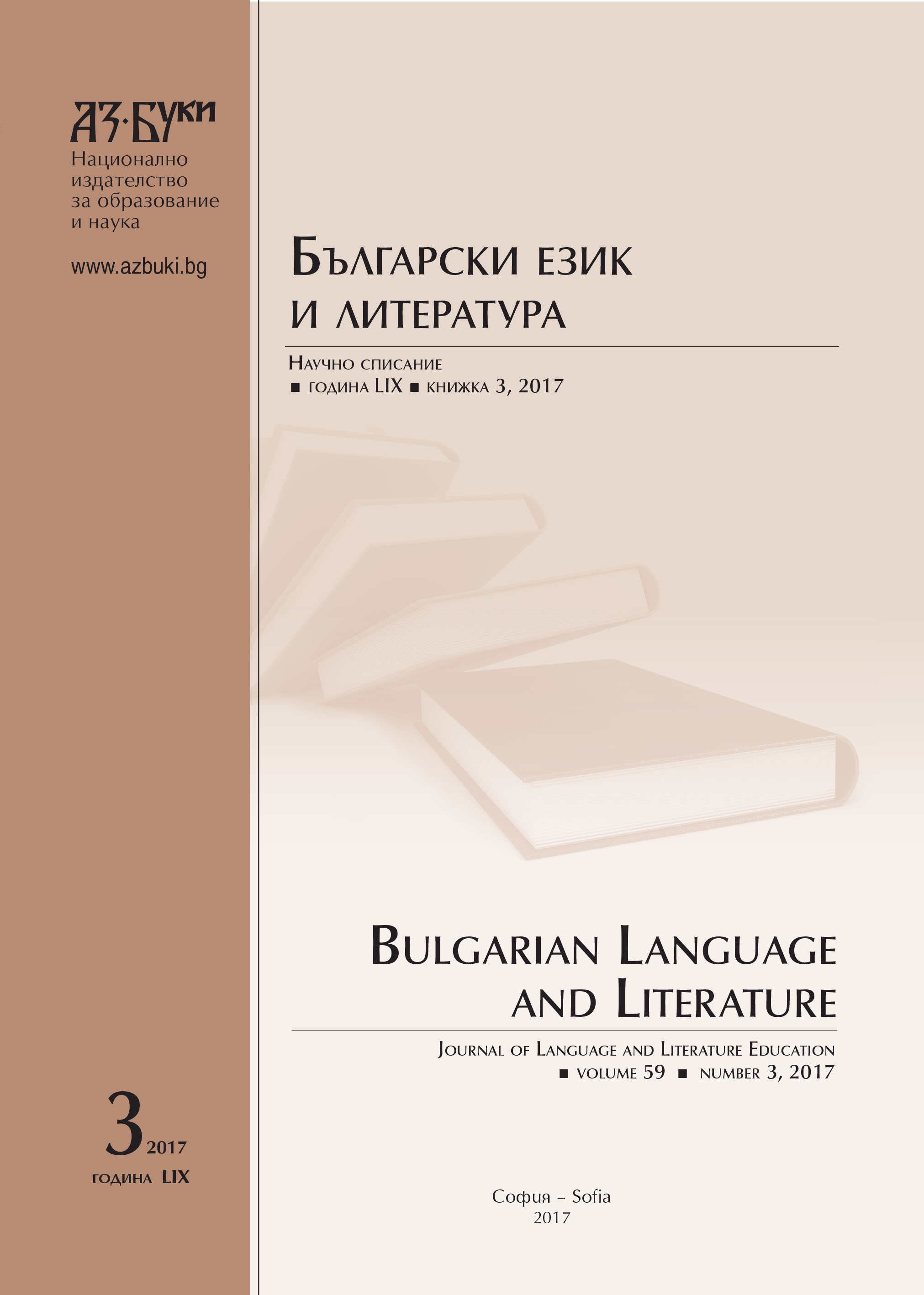Трансфер и интерференция при изучаването на български език като чужд от славяни
Transfer and Interference in the Nominal Syntagma (on Material of Slavic Languages)
Author(s): Elena KrejčováSubject(s): Language studies, Language and Literature Studies, Foreign languages learning, Theoretical Linguistics, Applied Linguistics, Studies of Literature, Phonetics / Phonology, Comparative Linguistics, Cognitive linguistics, Descriptive linguistics, Eastern Slavic Languages, South Slavic Languages, Philology
Published by: Национално издателство за образование и наука „Аз-буки“
Keywords: language interference; language transfer; Slavonic languages
Summary/Abstract: The linguistic phenomena we encounter in teaching Bulgarian as a foreign language are focused not only on the field of psycholinguistics, but also to the vast field of applied linguistics and linguistic pragmatics. Having on mind the genetic proximity between Slavic languages and the specific difficulties in studying them, we focus our attention on a not so typical linguistic interference, namely between very close – Slavic – languages, one of them is a mother, first language. In the proces of teaching of Bulgarian as a foreign language of Slavs even greater role has the comparative and confrontational analysis, because the aim is to highlight the differences between Bulgarian and other closely related languages that can be a prerequisite for any errors, distortions arising from language contacts observed by us in this specific psycholinguistic situation. The text reflects the problems of tranfer and interference between Czech and Bulgarian in the proces of their study. There are some defenitions of the proces of transfer and interference from psycholinguistical point of view and then language material with examples of the interference in the process of translation.
Journal: Български език и литература
- Issue Year: 59/2017
- Issue No: 3
- Page Range: 313-320
- Page Count: 7
- Language: Bulgarian
- Content File-PDF

